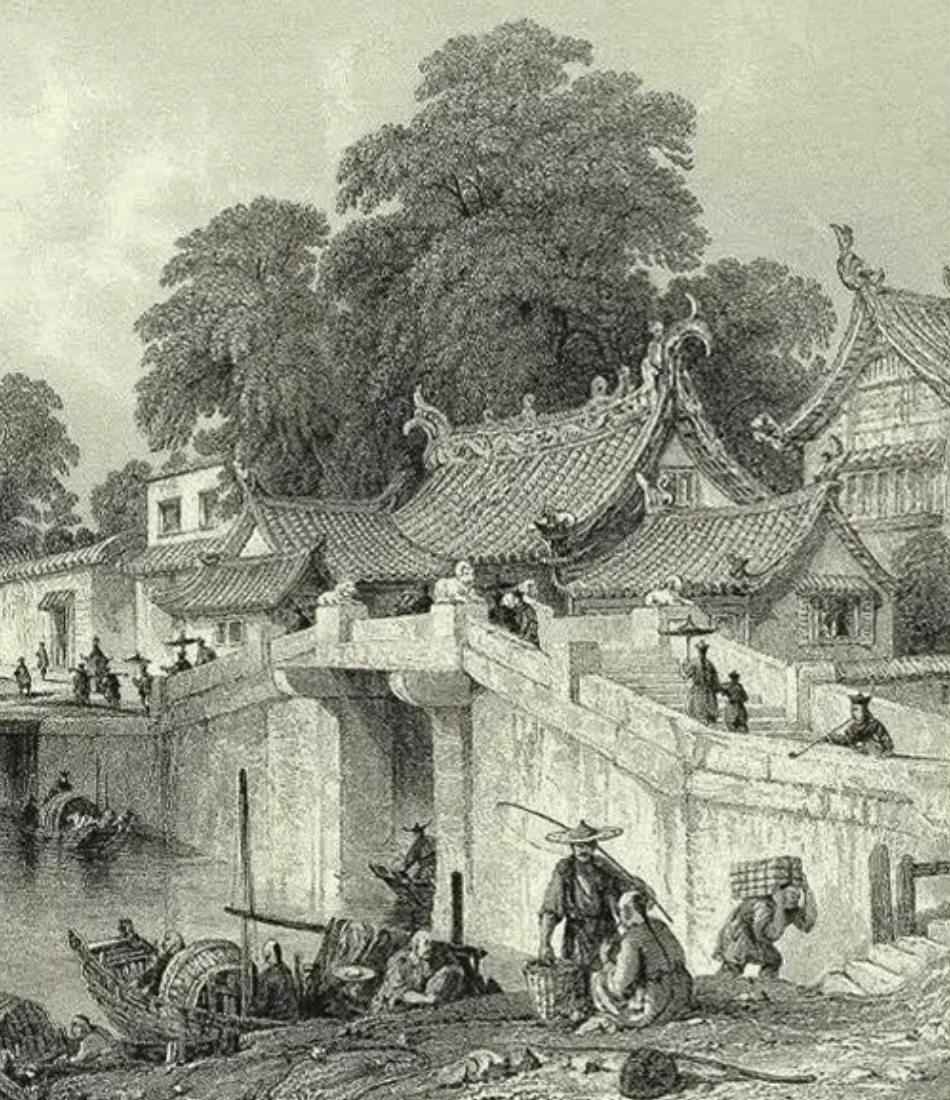Original link: https://aaronnick.github.io/posts/control-of-the-empire/

The book “Chinese Village” has been read intermittently for a long time, because it is very long (more than 700 pages) and has a lot of content. The quotations alone account for nearly one-third of the whole book, which shows its meticulousness.
The book is divided into three parts: the administrative division of rural China, rural control, and the effects of control. I think it’s the second part that is the essence, the control of the countryside. Control is mainly divided into security, taxation, famine, and ideology. Only when the law and order is good can we ensure that we can live and work in peace and contentment, and the tax revenue of the empire can be guaranteed; the thinking cannot be too advanced, and the ideology must serve the empire. As the last region of the empire, it is the most difficult to control, but it is also the most important. If you are not careful, you will repeat the mistakes of history.
To maintain the grassroots ruling system of the Qing Dynasty, two conditions need to be met: one is a fairly reliable and capable bureaucratic group to guide and supervise its operation; the other is a generally stable rural environment, allowing ordinary people to maintain a Although not rich but relatively stable life.
However, it is not easy to maintain the stability of these two conditions. First of all, the interests of the bureaucracy and the imperial ruling class are not consistent, so they will not be completely loyal to the emperor; second, the emperor’s suspicion and distrust of the bureaucracy, as well as the pervasive control of grassroots officials over the countryside, have spawned many bureaucratic practices, which in turn led to Corruption slows down the operation of the entire bureaucratic machinery; finally, frequent natural disasters and incompetent officials cannot guarantee a stable and peaceful environment.
The ultimate goal of imperial control is to maintain rule. The docile and obedient subjects naturally do not pose a high threat to the empire, but they also seriously damage the ability of the subjects to be proactive and weaken the material foundation of the empire. When the internal and external environments become more severe, the Qing court will taste what it has learned The bitter fruit planted.
This article is transferred from: https://aaronnick.github.io/posts/control-of-the-empire/
This site is only for collection, and the copyright belongs to the original author.